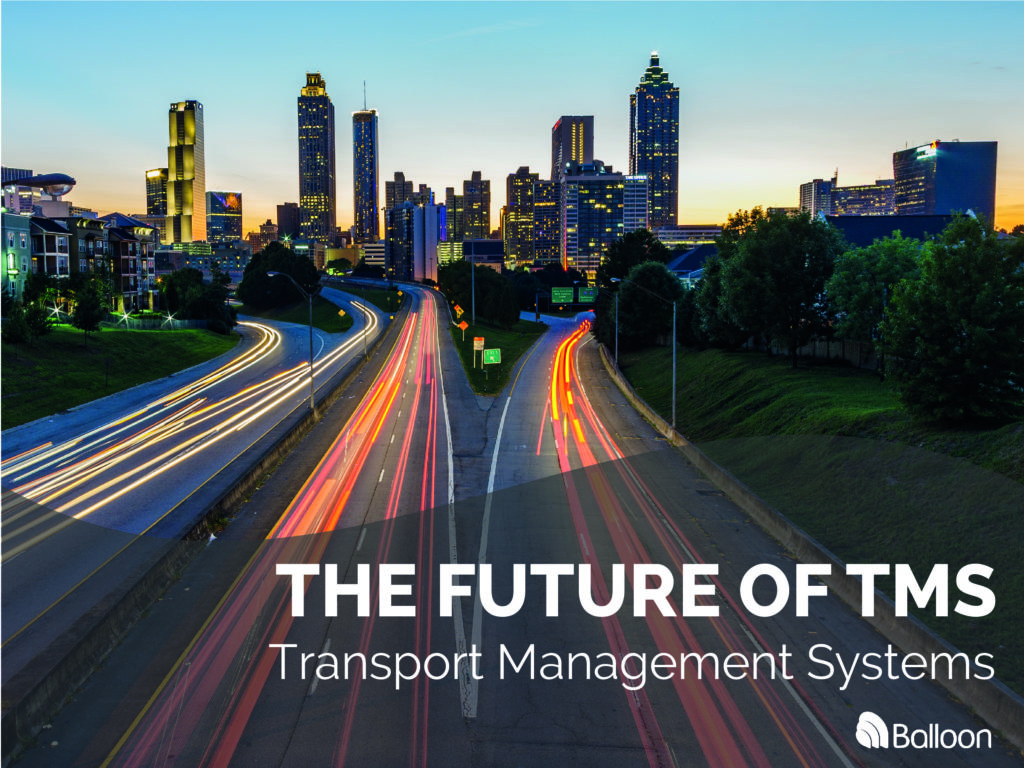Transport Management Systems – or TMS – vary widely in the sophistication of their functionality. But at their core, they each manage the admin and operational aspects of your logistics … or how you ship your orders out to customers and your supply network.
A TMS automates processes to help you increase efficiency, improve visibility of your fleet and reduce delivery costs. The market is still immature, so we’re continually seeing advancements in how TMS software works, what it does and the solutions it integrates with.
So what’s the future of TMS? Here’s our take.
Meta Data
The information available in meta data allows TMS software to integrate more intelligently with other functions of the business. When a TMS can tie in with marketing, sales and customer services, then the meta intelligence that flows between systems might be invaluable.
The future of TMS might mean being able to know the precise costs of a shipment, even down to wear and tear on tyres. Or discovering the full environmental impact of a specific load or a particular route.
Leveraging artificial intelligence and machine learning
Integrating with ever more powerful technology is something we come to expect in the IT world. But the use of artificial intelligence and machine learning would be powerful for logistics as a whole.
Imagine a system that could interact intelligently with live data and information to guide a driver around un-announced roadworks. Or one that could continually update routes to offer alternatives that were faster.
With the application of machine learning, systems could conceivably learn when and where the bottlenecks might be most likely to occur. They could acquire the knowledge to be able to divert drivers away from schools at pick up time, except if it was during the school holidays. And they could route traffic away from potential hotspots that the system might predict based on the acquired data.
Cloud-based TMS software
Cloud-based software offers users lower implementation and running costs. There’s no need for dedicated servers, no costly software licenses and no need for dedicated internal IT maintenance staff.
Cloud systems are also accessible from anywhere. So a user can log in from the office, the warehouse, home or via their mobile. Important decisions can be made based on real-time data, regardless of where the user is. The increasing tendency of staff to work remotely is perfectly met by the accessibility that cloud-based solutions offer.
More affordable systems
The market is seeing more affordable solutions being produced. This is a route we’ve taken ourselves. Our Springboard Delivery application is perfect for small and medium businesses that run their own fleets. It gives them a system that can quickly plan delivery routes, with manual input if needed. It’s a low cost solution that doesn’t need data management or complex configuration, yet cuts out labour-intensive manual planning.
We also have a carrier integration suite, for distribution businesses to be able to connect to more than 400 carriers worldwide in order to streamline operations and drive down costs.
If you would like to know more about the future of TMS, or any of the Balloon One TMS solutions, call us on 020 8819 9071 or get in touch
